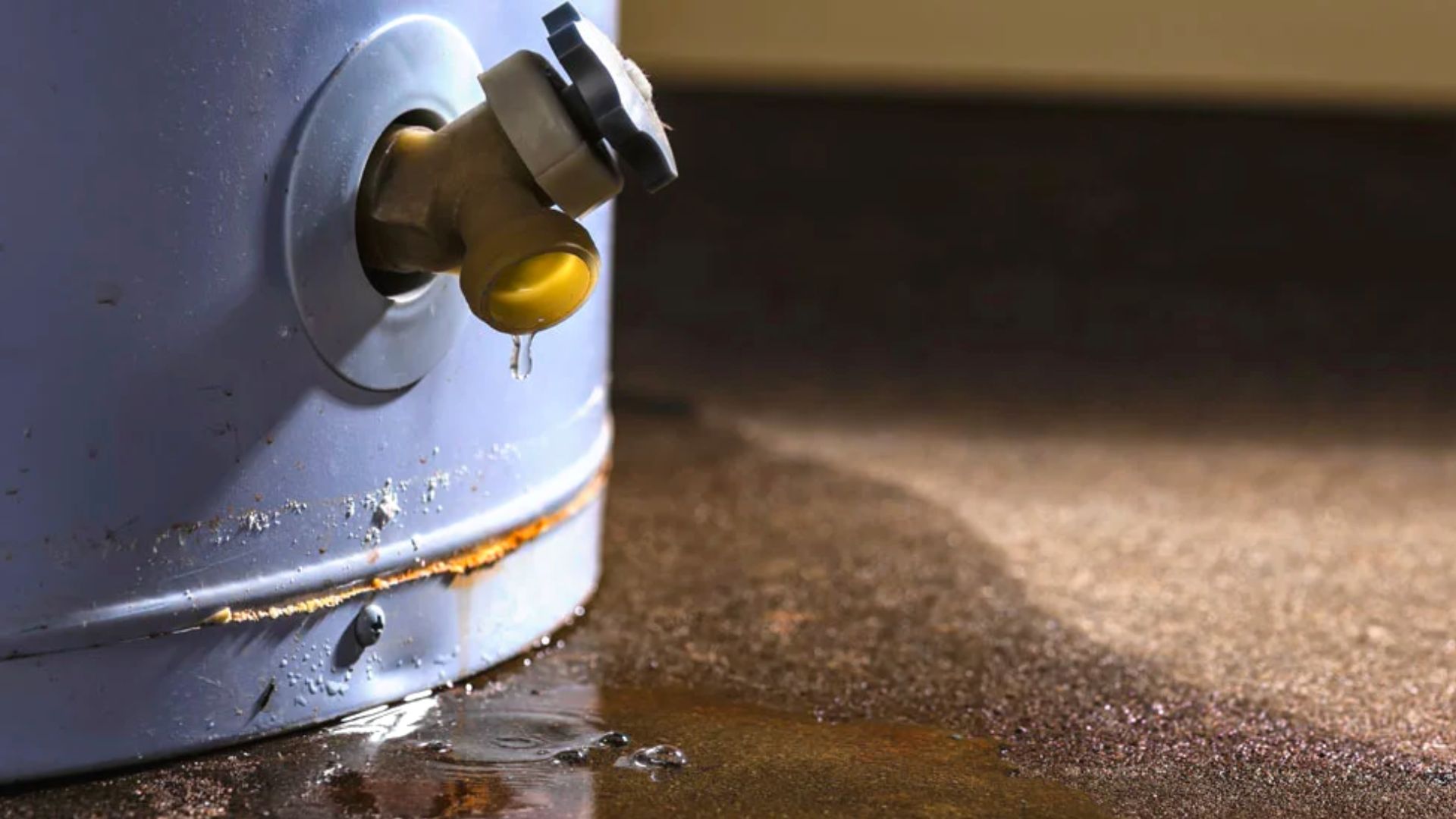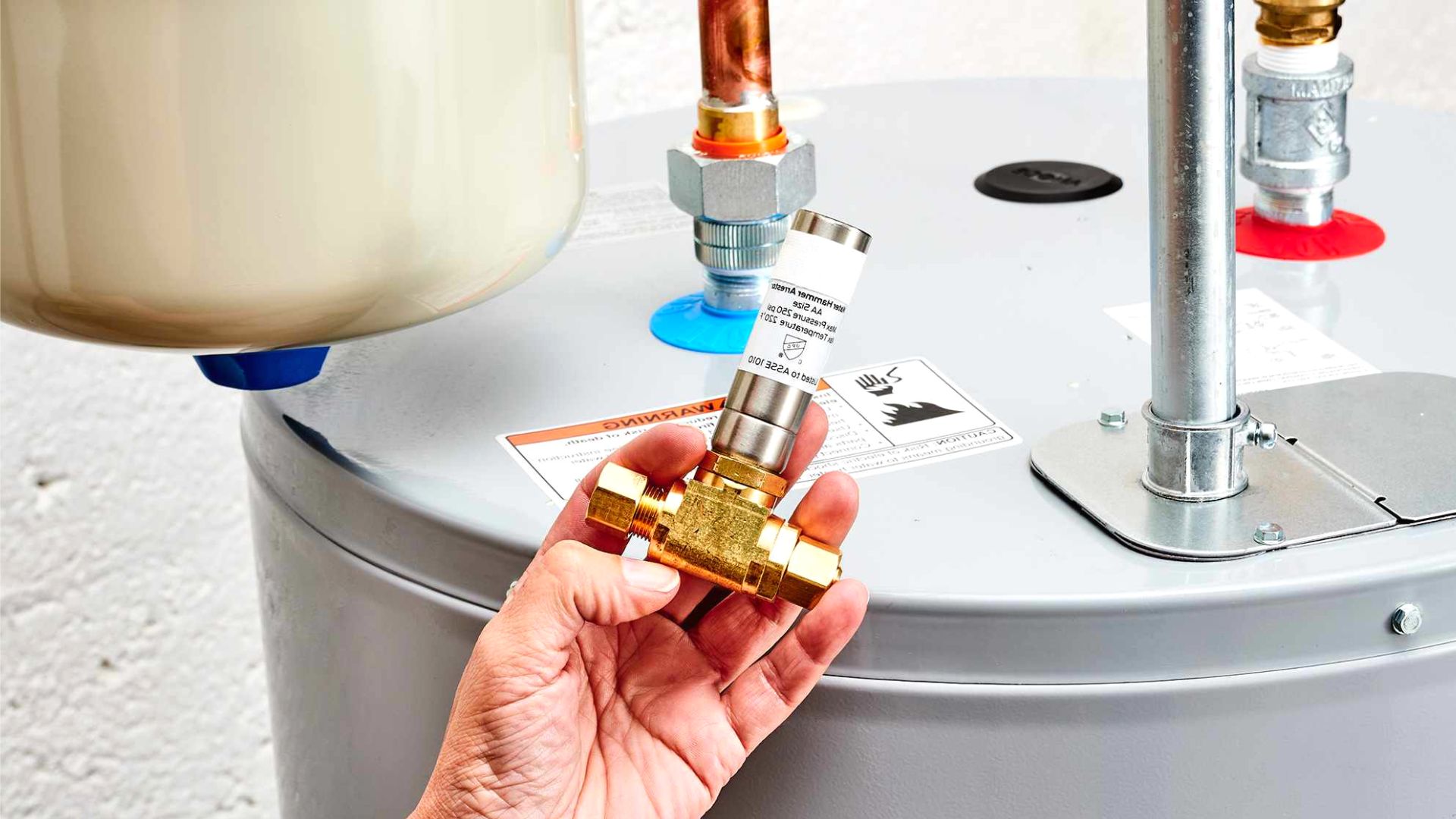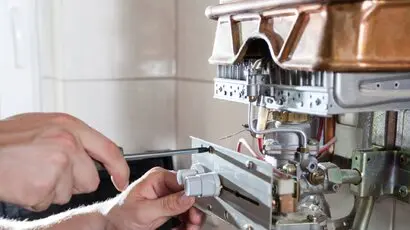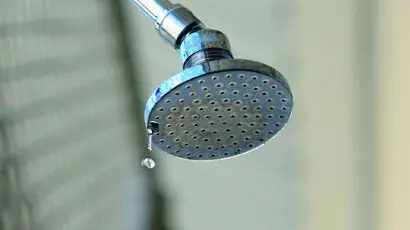Leaking Hot Water System? Here’s What To Do!
Want to be prepared to handle a leakage in your hot water system? You’re at the right place, as we’ve compiled this detailed guide on everything you need to know!
A leakage in any part of the plumbing system at home can leave you at your wit’s end.
Even if you don’t have the technical skills to fix the problem right away, leaving it unchecked isn’t an option. Leaks in a hot water system can be a real headache, even for the calmest folks. Having a plan in place can save you a lot of stress if your system springs a leak.
That’s why we’ve put together this handy guide to help you take immediate action if you face a leak. Read on to find out more.
Leaks in your hot water system often start at the outlet or inlet connections, or around the pressure relief valve or tank. If you ignore them, these leaks can lead to mould, which brings along health issues.
So, it’s crucial to identify a leakage before it worsens to cause further problems in the plumbing system. Here are some common reasons behind a hot water system leak:

Excessive pressure might build up in the heater tank, leading to leakages. This is most likely to happen when the external water source flows into the heater tank at high pressure or when the water temperature is too high.
The storage tanks in these heaters are lined with glass. Over time, minerals in the water can build up and harden on the inside, eventually causing the glass lining to crack and leak.
It’s also important to remember that water expands when heated. This expansion can strain or break the glass lining over time. If that happens, you’ll need a new water heater because those cracks in the liner aren’t something you can fix.
However, in a few cases, such leaks may not affect the functioning of the unit, so people might choose to postpone the replacement. Till a leakage isn’t inflicting damage upon the system, it’s usable, but you’ll have to replace it eventually.
Can you remember the last time you had the hot water system in your home replaced or serviced? Most of these systems come with an average service life of 10 years.
If your water heater is getting on in years or has already surpassed its expected lifespan, it’s time to replace or service it without delay.
That’s because as it nears the end of its life, the heater’s efficiency can drop, potentially leading to breakdowns. Sediment and muck might end up flowing into your bath, shower, sink, or other appliances.
That’s why monitoring your hot water system is of prime importance. On a side note, ensure the company you’re hiring checks all plumbing lines connected to the heater for water or gas leaks.
Loose fixtures and irregular draining are other reasons your hot water system might leak. Though you might consider taking care of the issue yourself, the best and safest way is to contact a professional. This will rule out potential long-term and expensive damage to your property.
Now, let’s look at some easy steps to take to tackle such leakages:

A leak in the Thermal Expansion Valve (also called the Pressure Relief Valve) is often the root cause of all water heater problems. This implies that the pressure in the tank is probably too much to handle. Note that though it’s one of the simplest faults to fix, it’s quite an alarming problem.
The drainage valve at the lower end of the heater is another probable spot where the problem might occur.
The next step will be to isolate the water or gas supply by shutting off the respective inlet valves and the main supply valve in the house.
Note that most homes include the water mains alongside their homes or front yards. But if you live in an apartment, you may find it under your laundry tub or sink.
Step 3: Calling In Hot Water System Experts
When you can temporarily cease the leakage, it’s time to hire a trusted plumbing service to fix the leakage.
Nowadays, quality service providers use advanced tools and techniques like Radio pipe location, Thermal Imaging, and drain CCTVs to fix leaks. These modern methods help ensure accurate and effective repairs.
There you have it — a straightforward guide on efficiently handling a leaking hot water system.
We hope you’ll be more confident in taking the above steps when you face such problems. And don’t forget to conduct proper research on the few trusted plumbing companies in your region before choosing to hire one of them.
If you are in Melbourne or the surrounding suburbs, speak to the WP Plumbing team. We are Melbourne’s hot water experts, so if you call us, we’ll provide honest advice with no hidden fees. We can also help you choose a hot water heater that suits your family’s needs.
See you next time!
Want to know more about the benefits and importance of servicing your water heater routinely? Don’t worry, because we’ve got you covered with our informative guide.
Have you turned on your shower to discover there is no hot water pressure? We are here to help with this guide to why your shower may have low water pressure!
Are you looking for a solution to a leaking shower head that you cannot seem to fix? Let us help you! Follow along as we explain how to stop a leaky shower head.


